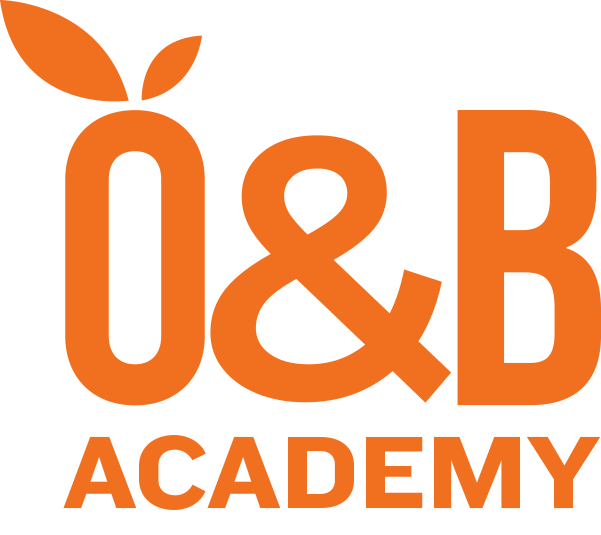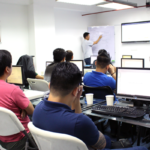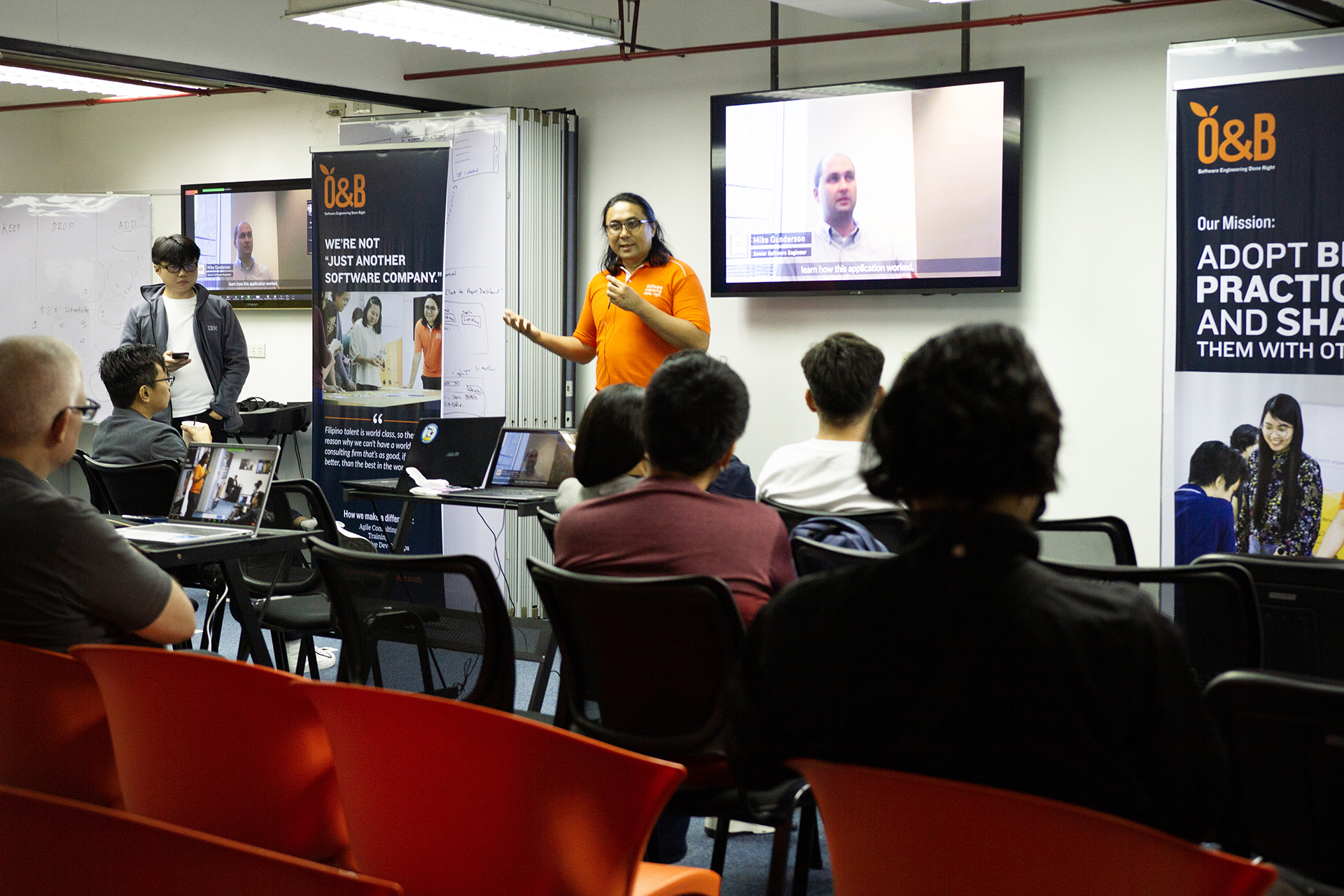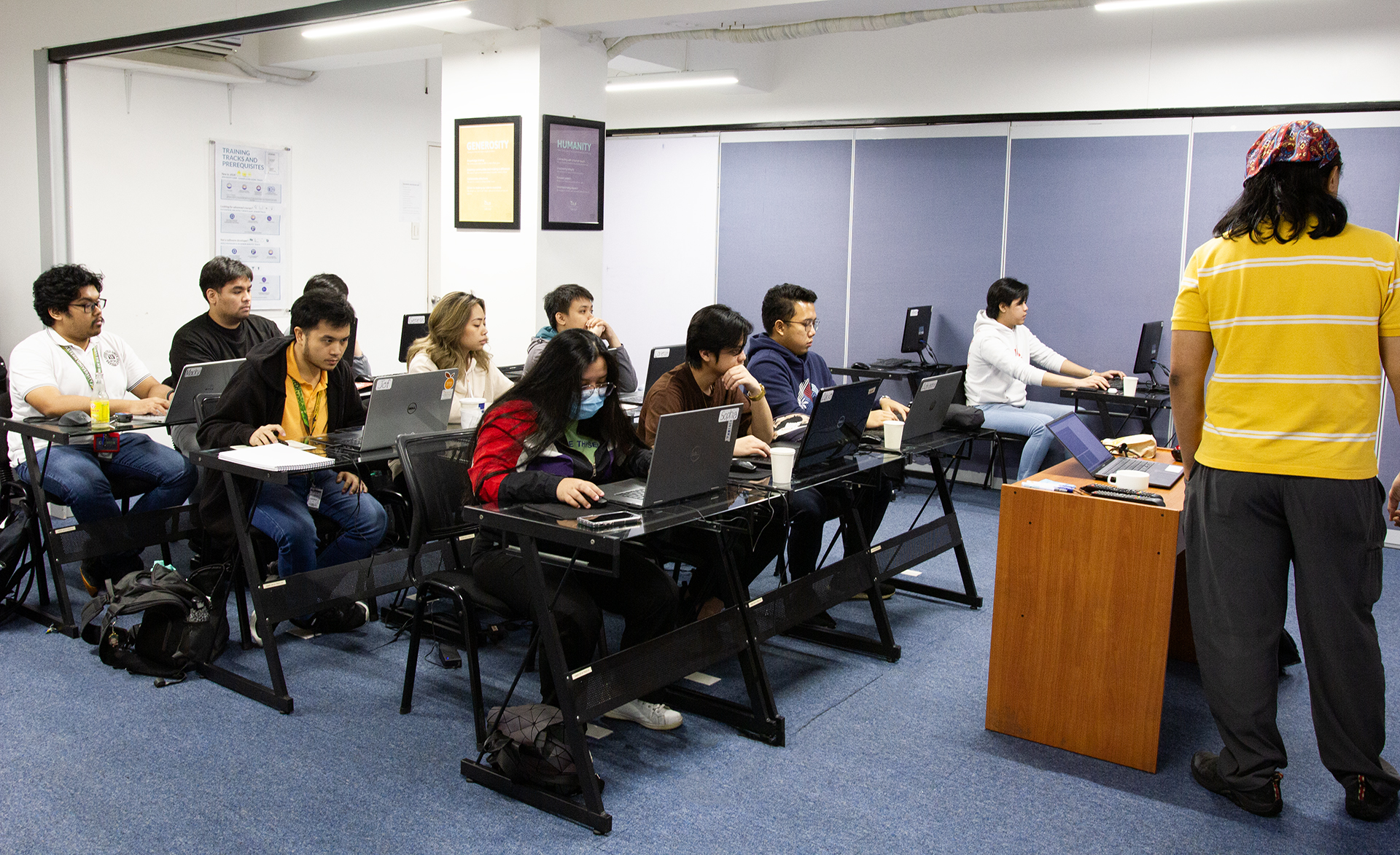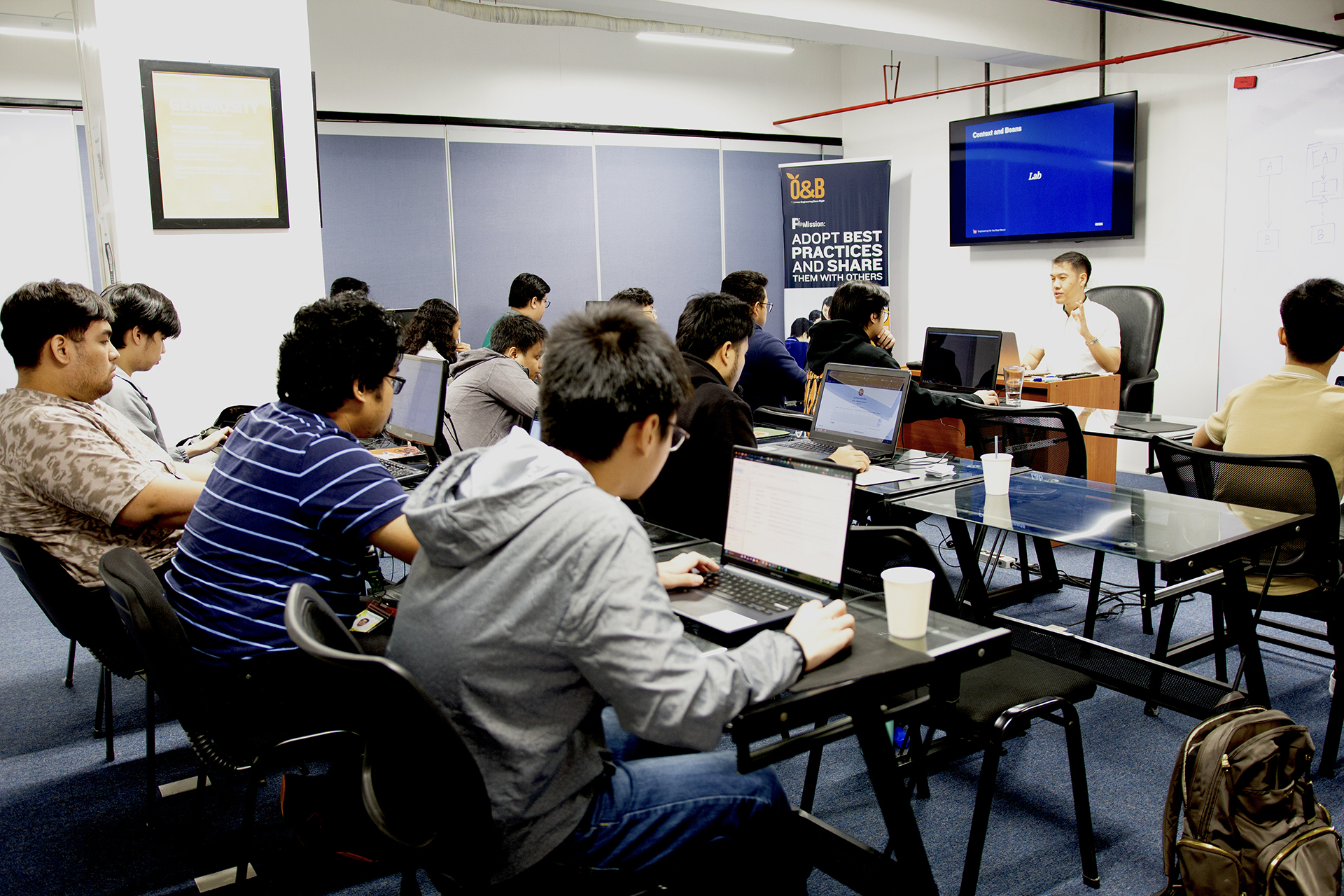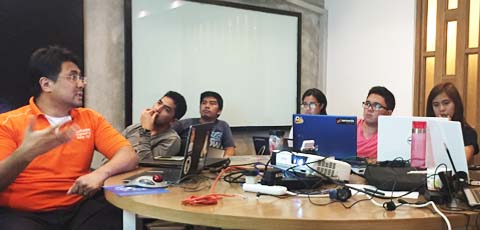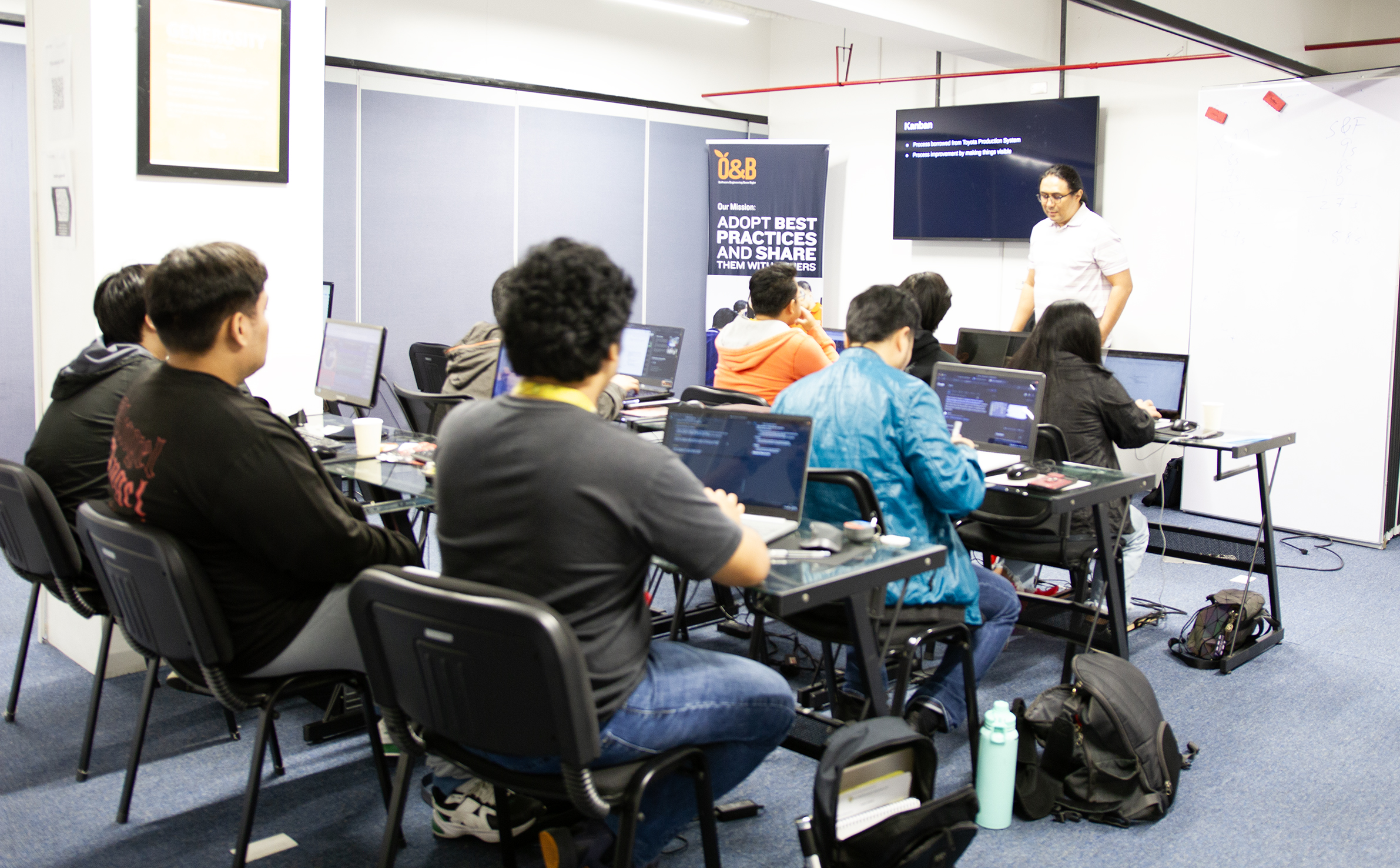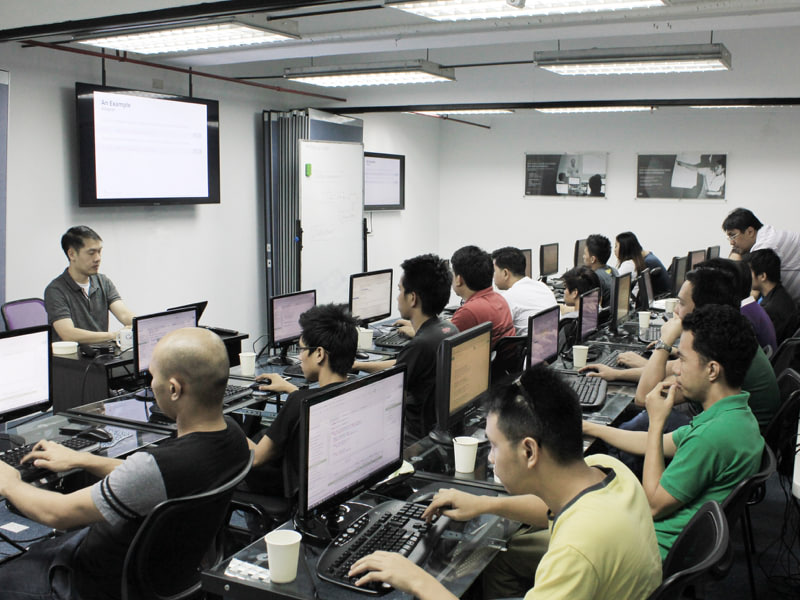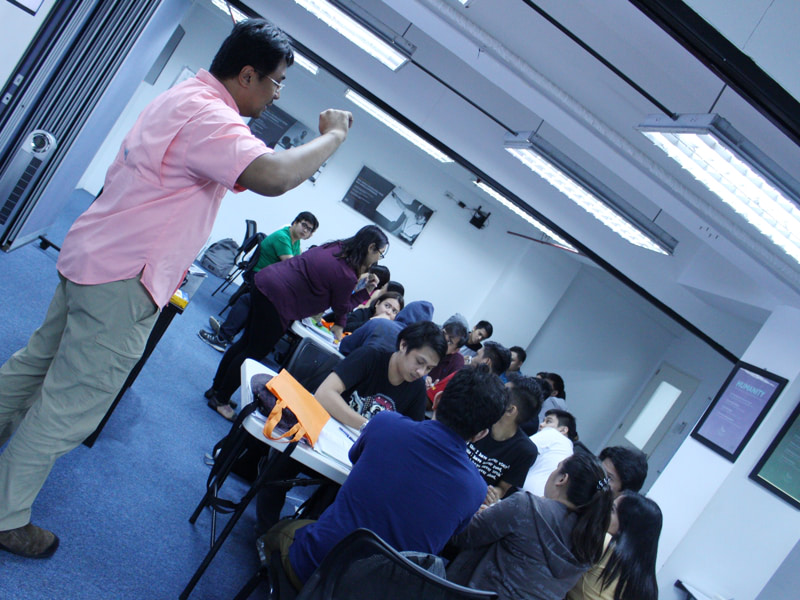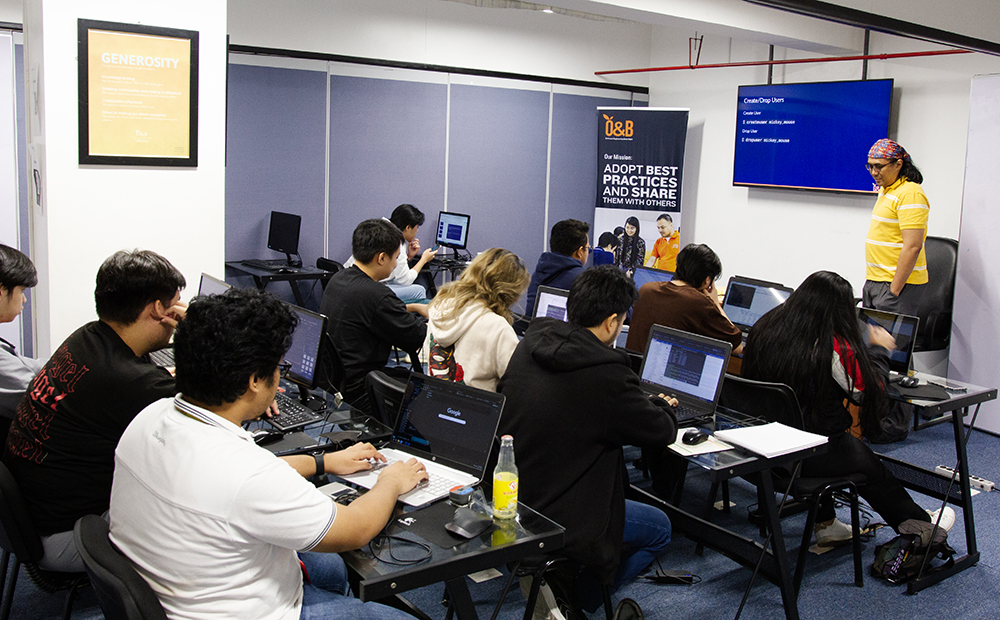AGILE-101
Agile Fundamentals
From this workshop, trainees will:
- Understand the methodologies and practices available in Agile, and to which situation each is applicable
- Gain a shared understanding within the organization of the challenges and expectation of each role, and a shared perspective when addressing process improvements
- Learn how Agile values affect requirements engineering
- Identify and describe user roles, write and evaluate user stories, and learn estimation and prioritization for iterations and releases
- Learn how to split and/or combine user stories, how to write effective acceptance criteria and tests for user stories, capture non-functional requirements as stories, and derive tests from User Stories

